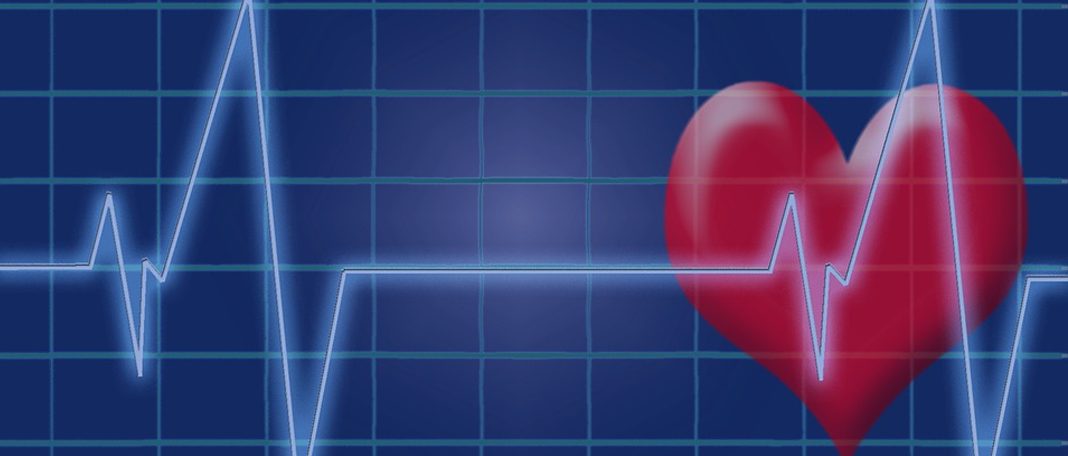The heart is an organ whose function is essential as it contributes to the proper functioning of the body by supplying nutrients and oxygen. As such, it is also prone to numerous diseases and conditions. One such condition is Myocarditis. Let’s look at the causes, symptoms, and prevention of this rare condition.
What is Myocarditis?
Myocarditis is a condition that occurs due to the inflammation of the heart muscles. The inflamed muscles affect the heart’s functionality, and if left untreated, it might also lead to heart failure. Some of the types of Myocarditis are:
- Acute Myocarditis
Typically caused by viral infections, acute myocarditis can develop rapidly, and the effect on the heart can be drastic too.
- Chronic Myocarditis
They are generally caused by autoimmune disorders, where the immune system attacks our heart cells and tissues. Treatment takes longer for this condition, and the symptoms could reappear even after tending to the condition.
- Lymphocytic Myocarditis
This is a rare condition caused by white blood cells that enter and cause inflammation of the heart muscles and tissue. Lymphocytic Myocarditis is often a result of a viral infection.
Who is Likely to get Affected?
Myocarditis can affect anyone as it mainly occurs due to infections. People between the age of 20 to 40 are the common victims of the condition. Sadly, children seem to get more affected than adults. The symptoms are more severe in newborns and infants than teens and adults. This is primarily due to the weak immune system possessed by children.
Causes of Myocarditis
Myocarditis is a rare condition that occurs due to various causes, some of which (but not limited to) are:
- Viruses like Parvovirus B19, SARS-CoV-2, and Adenovirus.
- Bacteria like Staphylococcus aureus, Corynebacterium diphtheriae, and Borrelia burgdorferi.
- In rare cases, fungi like Candida or Aspergillus.
- Autoimmune diseases like rheumatoid arthritis.
- Certain medications or illegal drugs can cause toxic reactions.
- Exposure to chemicals and toxins.
Symptoms of Myocarditis
Myocarditis is a condition that exhibits few to no symptoms in the early stages, making it more dangerous. Some of the commonly experienced symptoms are:
- Chest pain
- Abnormal heart rate
- Shortness of breath
- Fatigue
- Light-headedness
- Signs of infection like diarrhea, sore throat, headache, and muscle aches
- Swelling of legs
Diagnosis of Myocarditis
Myocarditis cannot be easily diagnosed like other conditions. It requires a proper medical examination to determine if the condition has affected the person. Some of the diagnosis methods are:
- Blood test
- Electrocardiogram (ECG)
- Echocardiogram
- Magnetic Resonance Imaging (MRI)
- X-Ray
Treatment for Myocarditis
Treatment for Myocarditis is based on the condition’s impact on the heart. Some of the commonly followed treatments are:
- Medications like diuretics to reduce the salt and water content in the body, Angiotensin-converting enzyme (ACE) inhibitors for lowering blood pressure and repairing the heart muscles, Beta-blockers also to reduce blood pressure, and corticosteroids to reduce inflammation.
- For severe damage, a Ventricular assist device (VAD) is used to substitute for the heart to pump blood throughout the body.
- Treatment for the infection that caused myocarditis in an attempt to reduce its effect on the condition.
In addition to that, the person should be at rest and not carry out any high-impact work. Low sodium and low fluid diet should also be followed while undergoing treatment. It is essential to consult with your healthcare provider before following any of the above treatments.
Prevention of Myocarditis
It is rare to avoid the onset of myocarditis, but it is possible to reduce or keep the symptoms at bay. Some of the prevention methods include:
- Since the condition mainly occurs due to infections, it is essential to maintain personal hygiene, like washing hands regularly to prevent infections.
- Avoid contact with ticks, the species that causes lymph diseases.
- Get your vaccinations without fail but consult with your doctor before doing so.















